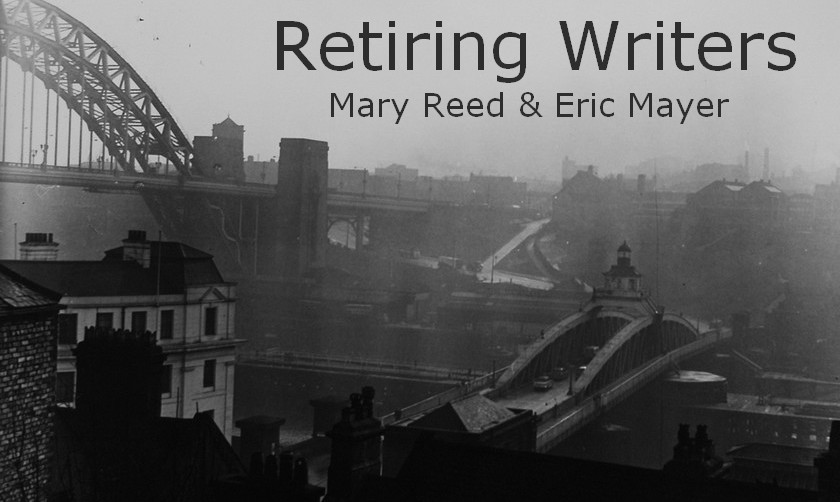We are not two to boast, but a few years ago we outdid Herman Melville in that Three For A Letter features not one but two whales, both of which play major roles in the narrative.
The real whale was mentioned by Procopius in passing in his History of the Wars, wherein is recorded it was a terror to shipping for years, whereas our great grey whale
In the opening chapter of Three For A Letter, a banquet held in honour of Empress Theodora features a presentation of the story of Jonah. To the wonderment of all, our mechanical sea beast appears from behind a curtain painted with a seascape, rolls forward without any visible method of propulsion, halts at the edge of the stage, spouts, and then rolls backwards to disappear behind the curtain.
That sounds somewhat unlikely, someone in the back row has doubtless remarked. But while we have not actually built a working model, our fictional whale's remarkable performance was based upon, and extrapolated from, the aforementioned Pneumatics. Details of its construction we borrowed from Hero includes a method of moving a cart back and forth without being pushed (accomplished by ropes around axles hidden under the whale and two bags of sand) and how to produce a jet of water by the use of mechanically compressed air. We also equipped our whale with a skin of painted canvas stretched over wooden ribbing, glass eyes, and, when the leviathan opens its mighty jaws, the action reveals a stuffed red linen tongue and huge metal teeth illuminated by lamps.
We also featured further artifacts whose inner operations are described in Hero's work, including an automatically opening villa door that terrified John's servant Peter (the original instructions applied to a temple door), a mechanical satyr dispensing an unending stream of wine, and an automaton archer who shoots his arrow at a dragon.
While doubts have been expressed concerning whether any such wonders would actually work, either way Hero's instructions are good enough for us. Dammit, Jim, we are authors, not engineers.
In all fairness, we should mention now and then startling events in our fiction are actually based on real life incidents. How else could John have flown in Four For A Boy? Admittedly his flight lasted only a few seconds and ended with a crash landing but it was based on an account of a failed Victorian era suicide. Fortunately John survived -- and a good job he did too, since otherwise the series would also have come to an abrupt end.
